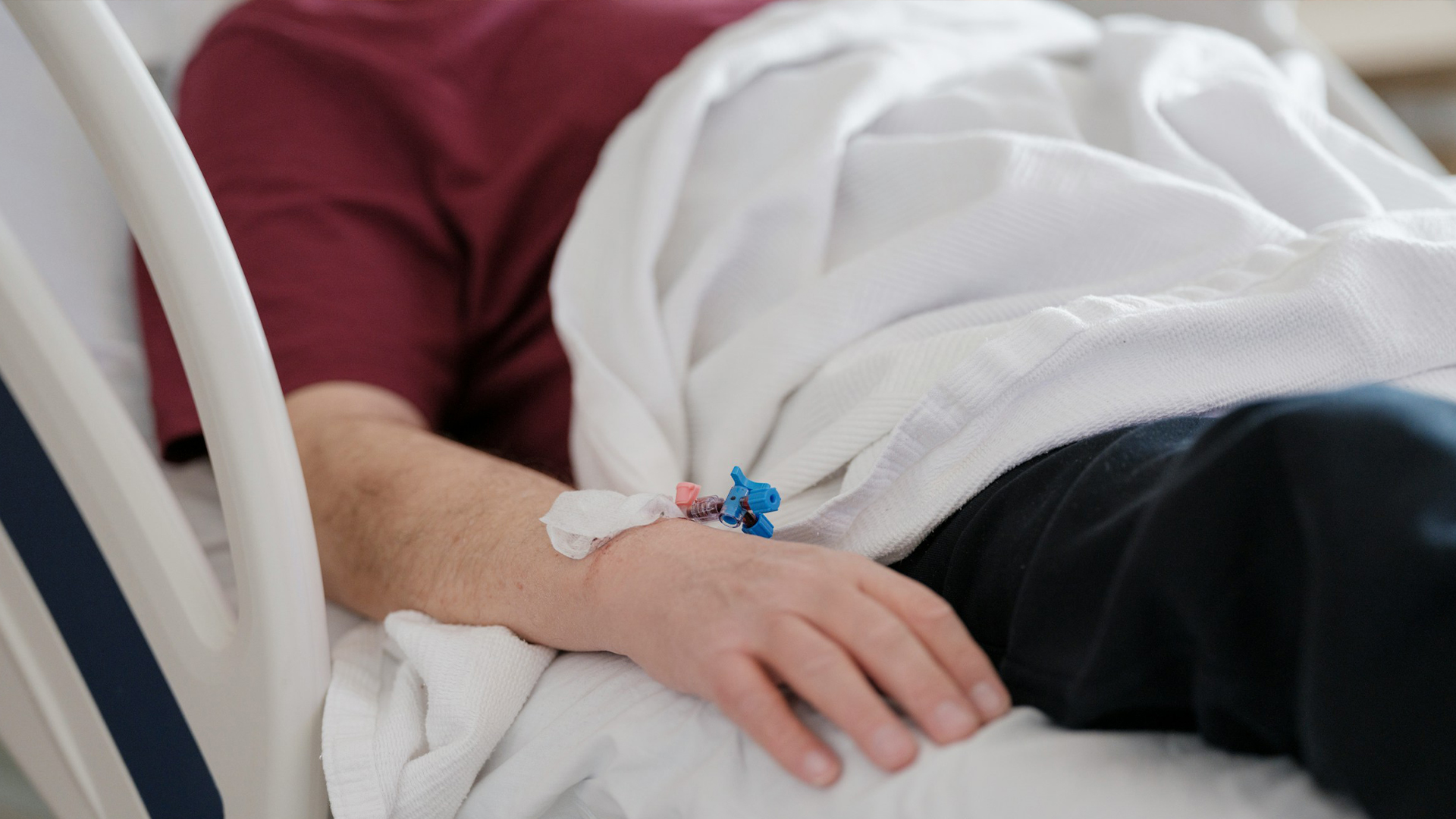A new study by the Irish Medical Journal (IMJ) has found that between 2022 and 2023, an Irish individual infected with monkeypox had 75 sexual partners within 21 days.
According to the IMJ research, 229 people in Ireland were infected over the 12 months, with 98.6% of these being male (226 cases), and just 1.3% of these being female (3 cases). Almost 99% of those infected self-identified as gay, bisexual or “men who have sex with men”.
According to the data, 96.5% of cases were transmitted by sexual contact.
Less than half of the cases involved individuals born in Ireland, at only 46.8%. Almost a third at 32.3% were born in Latin America, 13.4% were from elsewhere in Europe, and 7.5% were from “other”.
Monkeypox, also known as M-pox, is a viral disease characterised by fever, rash, and swollen lymph nodes. It can spread through close physical contact, including sexual contact, with an infected person. The virus can be transmitted via body fluids, sores, respiratory droplets, and contaminated materials such as bedding. While it can be fatal in some cases, most people recover with proper medical treatment.
Monkeypox is called monkeypox because it was first identified in laboratory monkeys in 1958. However, it was later renamed to “M-pox” to avoid racial and geographical stigmas, particularly against African countries, where the disease is more prevalent.
In Ireland, the ages of those affected ranged from 16 to 68, with nearly half (46%) aged between 18 and 34. The median number of sex partners for those infected was two in the preceding 21 days.
Over 28% were HIV positive, and just over one in ten of those infected were admitted to hospital.
The Mpox outbreak peaked in the summer of 2022, followed by a rapid decline in cases.
The study was conducted by the Health Protection Surveillance Centre, the Health Service Executive, and HIV Ireland.

Sarah Carter is a health and wellness expert residing in the UK. With a background in healthcare, she offers evidence-based advice on fitness, nutrition, and mental well-being, promoting healthier living for readers.








